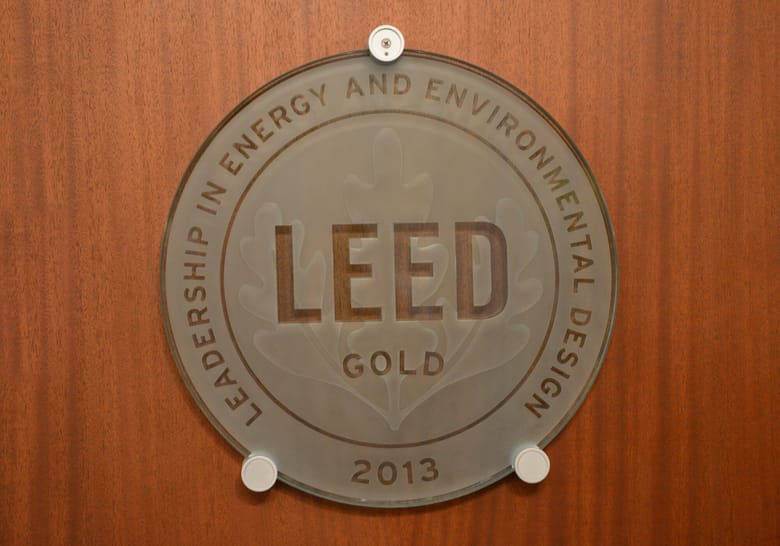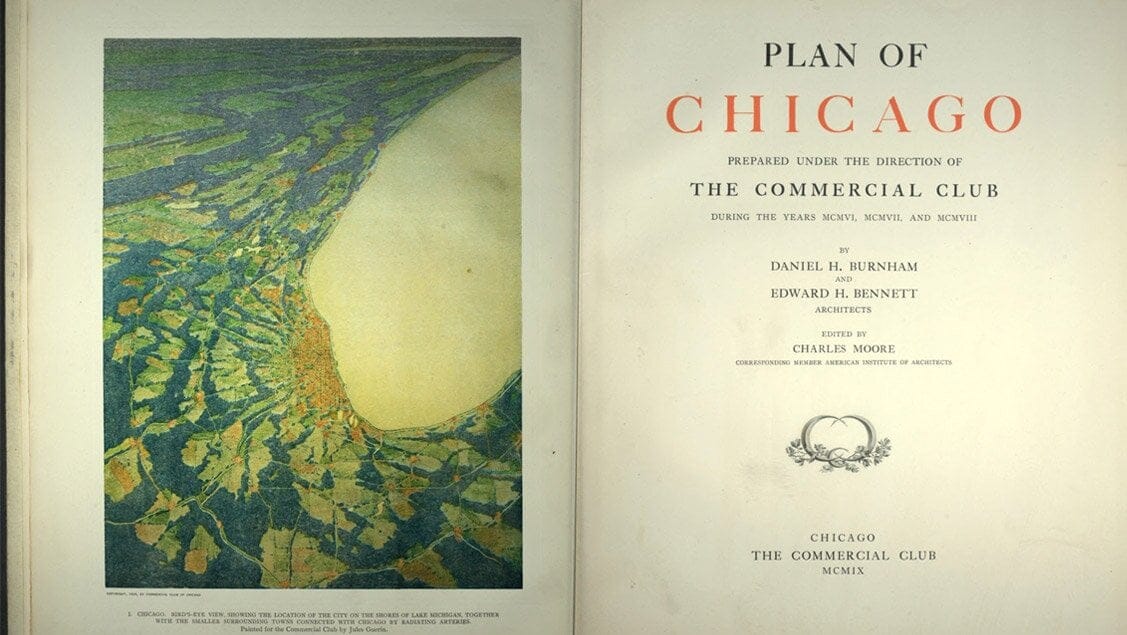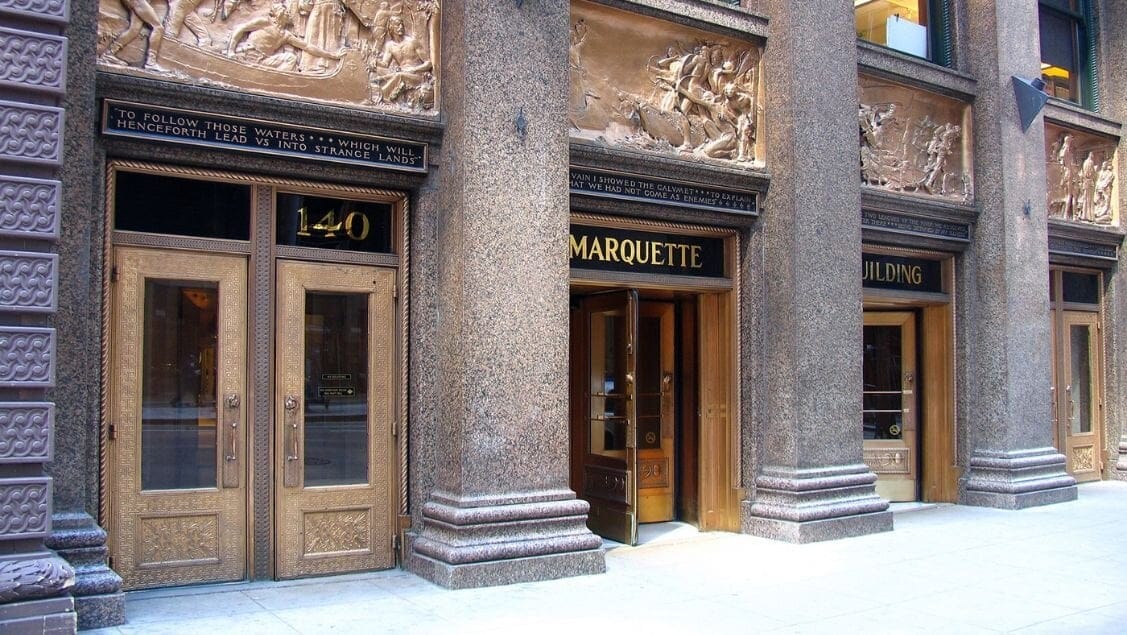LEED (Leadership in Energy and Environmental Design)
LEED certification is a globally recognized rating system for sustainable buildings and communities. It was developed by the United States Green Building Council (USGBC) to promote environmentally responsible and resource-efficient building practices.
LEED certification is awarded to buildings that meet specific benchmarks and demonstrate a commitment to environmental issues. Buildings can achieve different levels of certification, ranging from Certified to Silver, Gold, and Platinum, depending on their overall performance and sustainability achievements.
Both old and new buildings can attain LEED certification. In Chicago, more than 100 buildings are LEED certified including the Rookery (1888), the Old Main Post Office (1921), the Willis Tower (1974), 311 S. Wacker (1990), as well as the more recent River Point Tower (2017) and St. Regis (2020).
You can learn more about LEED certification at the USGBC website.























